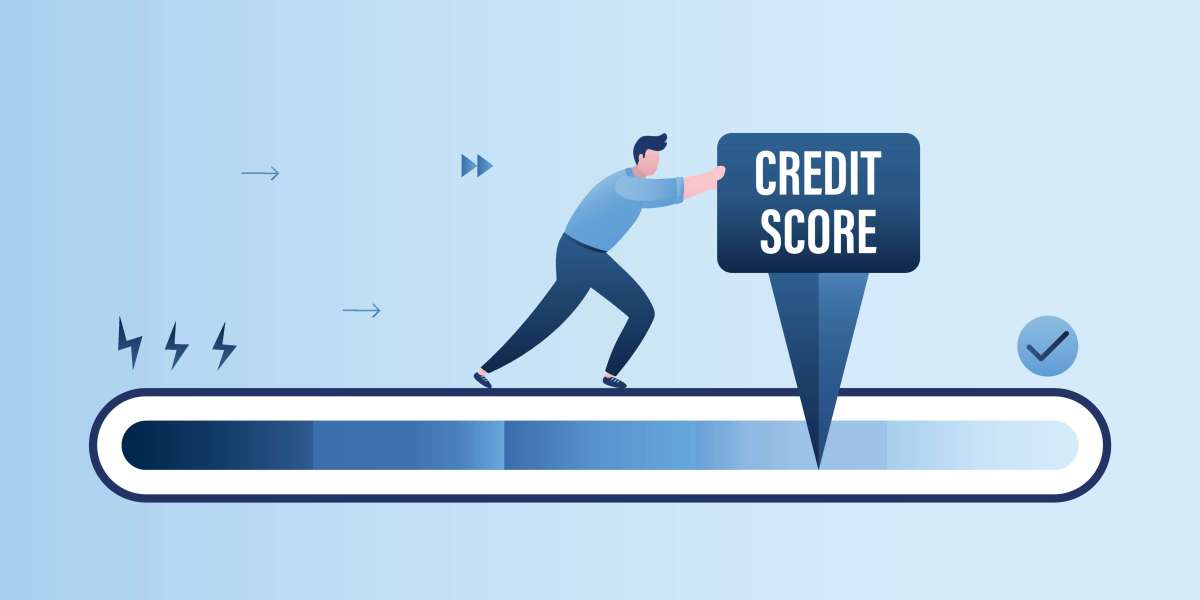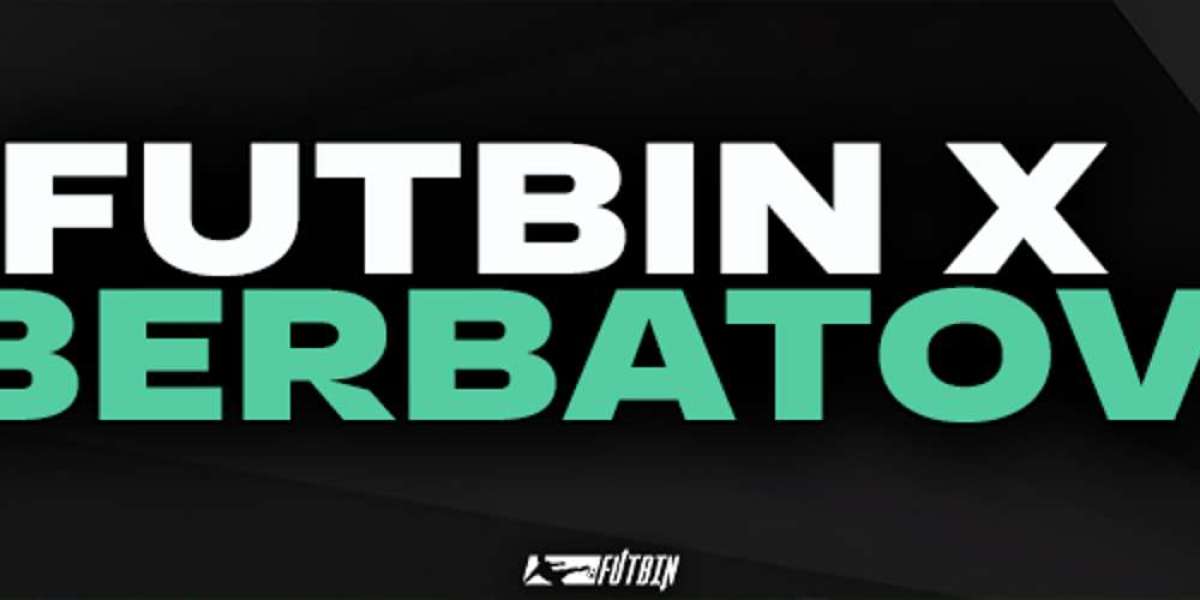A credit score is one of the most important financial numbers in today’s world. From applying for a credit card to getting a home loan, your score can determine whether you’re approved — and at what interest rate.
Yet despite growing awareness, many Indians in 2025 still believe credit score myths that can hurt their financial health. Misunderstandings about how credit works often lead to poor decisions, unnecessary rejections, and long-term consequences.
Let’s uncover the most common credit score myths and the truth behind them.
? Myth 1: Checking My Credit Report Will Lower My Score
Truth: This is one of the biggest myths. Checking your own credit report is called a soft enquiry, and it does not affect your score. Only hard enquiries — like when you apply for a loan or credit card — impact your score.
In fact, reviewing your report regularly with tools like DueFactory helps you spot errors and monitor progress.
? Myth 2: Having No Loans or Credit Cards Means a Good Score
Truth: Many people assume staying debt-free automatically guarantees a high score. But your credit score is based on your credit history. If you’ve never used credit, you may not have enough data for a strong score.
Maintaining one credit card responsibly or a small loan can help you build a healthy profile.
? Myth 3: Closing Old Accounts Improves My Credit Score
Truth: Closing old accounts can actually hurt your score. That’s because your score also considers the age of your credit accounts. Older accounts show a longer repayment history, which adds stability. Unless the account has high fees, it’s better to keep it open.
? Myth 4: Paying Only the Minimum Due Is Fine
Truth: Paying just the minimum due on credit cards may prevent late fees, but it doesn’t reduce your actual balance. Interest keeps adding up, which can push your utilization ratio higher and hurt your score. Always aim to pay the full balance whenever possible.
? Myth 5: A High Income Guarantees a Good Credit Score
Truth: Credit scores don’t measure your salary. Instead, they measure your credit behavior — payment history, utilization, and account mix. Even high earners with poor repayment discipline can have low scores, while moderate earners who pay on time can enjoy excellent scores.
? Myth 6: Settling a Loan Removes It from My Report
Truth: Loan settlements are often misunderstood. While settlement closes the account, it is still reported to credit bureaus as “settled,” not “paid in full.” This negatively impacts your credit score for several years. Using DueFactory’s settlement support can help you understand better options.
? Myth 7: Multiple Credit Cards Always Hurt My Score
Truth: Having multiple credit cards is not a problem — as long as you use them responsibly. In fact, spreading expenses across cards can lower your utilization ratio, improving your score. The key is managing payments on time.
? Myth 8: My Score Improves Overnight
Truth: Credit repair is not instant. Building or improving your score takes time and consistent effort — usually 3 to 6 months for noticeable changes. By following actionable tips and tracking 6-month insights via DueFactory, you can measure steady progress.
? Final Thoughts
Believing in credit score myths can stop you from making smart financial decisions. In 2025, it’s time to separate fact from fiction.
✅ Check your reports regularly
✅ Pay bills on time
✅ Keep utilization low
✅ Maintain older accounts
And most importantly, use platforms like DueFactory to simplify credit awareness and get practical insights. The more informed you are, the better your chances of building a strong, reliable credit profile.








